German pilots reacted with anger and confusion on Thursday after French and German statements said the co-pilot on the Germanwings crash earlier this week deliberately slammed the plane into the French Alps, killing all 150 people on board. Stunned at the revelations, some pilots believe that the authorities are eager to find a culprit to blame, before the relevant facts are known. “It is a very, very incomplete picture,” says James Phillips, international affairs director of the German Pilots Association, speaking on the phone to TIME late Thursday. He said his own reaction was “angry.” “I have the feeling that there was a search for a quick answer, rather than a good answer,” he said.
In a chilling press briefing on Thursday, the Marseille public prosecutor Brice Robin charged with investigating Tuesday’s crash told reporters that the plane’s 28-year-old co-pilot, Andreas Lubitz, deliberately flew the plane into a mountain while he was alone in the cockpit. His far more seasoned captain, Patrick Sonderheimer, had apparently left for a toilet break, and when Sonderheimer knocked on the cockpit door to come back in, Lubitz refused to open the door. Instead, he took the Airbus A320 plane steadily downwards at 3,000 feet per minute, until it slammed into the Alpine ravine, pulverizing the aircraft and killing 144 passengers and six crew members. Robin said Lubitz had “a willingness to destroy the aircraft.” Shortly after, Lufthansa CEO Carten Spohr and the German Transportation Minister each told reporters that they had concluded, based on Robin’s account, that Lubitz deliberately crashed the plane.
Phillips, who spoke to several members of the pilots’ association immediately after Robin’s press briefing, said they were “very, very confused,” and that the Marseille prosecutor, who is charged with investigating the crash, “raised more questions than he had answered.”
Chief among those questions is why the captain, who spent several minutes banging frantically on the cockpit door, did not use an emergency code, designed to override the system those inside the cockpit use to let someone in. “We all agree that the captain left the cockpit,” says Phillips. “But we have an emergency access code to get into the cockpit. That was not mentioned,” he said. Other pilots believe that the person within the cockpit can override any attempt to gain entry from outside.
Airbus has a YouTube video to instruct A320 crew members about what to do if one of them is trying to get inside the cockpit, but those inside do not open. According to the video, the crew would tap an emergency code on the keypad outside the cockpit door, setting off a 30-second alarm inside the cockpit, until the door opens for just five seconds, allowing the person to enter.
Robin said he was sure Lubitz was conscious, since the audio on the cockpit voice recorder has him breathing normally throughout the 10-minute descent into the mountains, until the moment of impact. But pilots are not convinced that the breathing sounds meant he was able to open the door to Sonderheimer. “Was he conscious? Could he open the door?” Phillips asked. “The prosecutor did not provide answers to that.”
With attention now focused on Lubitz’s mental state, Germanwings crew members who flew with the rookie pilot just days before Tuesday’s crash say he seemed totally normal. “We’ve spoken to crew that flew with him a few days before, and say he was relaxed and very normal,” Phillips says. “He was not acting in any way strange. He was friendly and outgoing, and there was never any sign that anyone should be concerned about.”
The International Federal of Airline Pilots Associations, or IFALPA, condemned the leaks of the cockpit voice recorder or CVR on Thurdsay, saying that it violated long-established practices after plane crashes, where details are kept confidential until the investigation is complete. “Leaks of this nature greatly harm flight safety since they invite ill-informed speculation from the media and general public and discourage cooperation with investigators in future accidents,” said a statement from the Montreal-based organization. “The sole purpose of a CVR is to aid investigators… not to apportion blame.”
Read next: Germanwings Plane Crash: We Could Be Doing Much More To Prevent Pilot Suicide
Witness Scenes From the Plane Crash in the French Alps
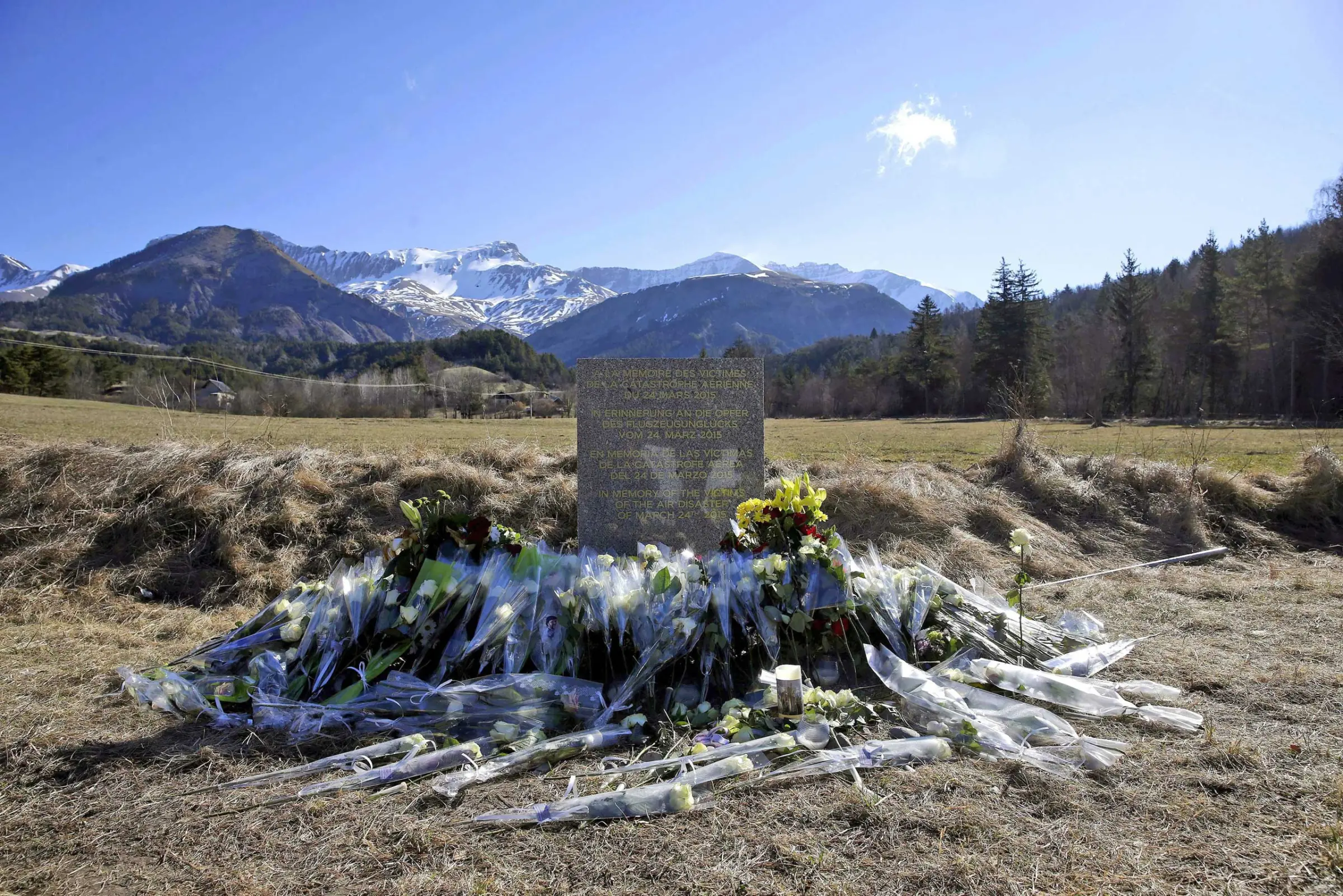

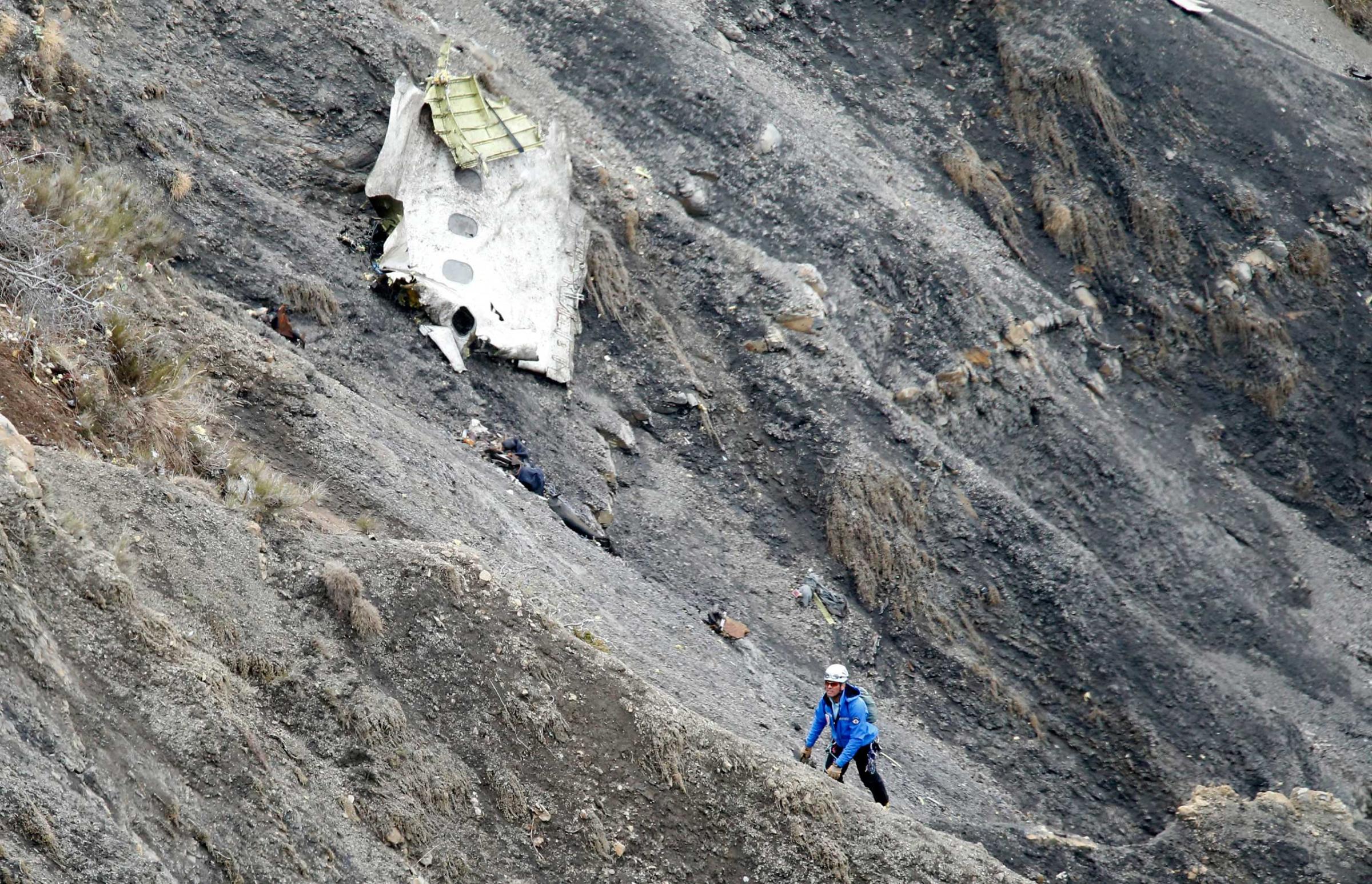
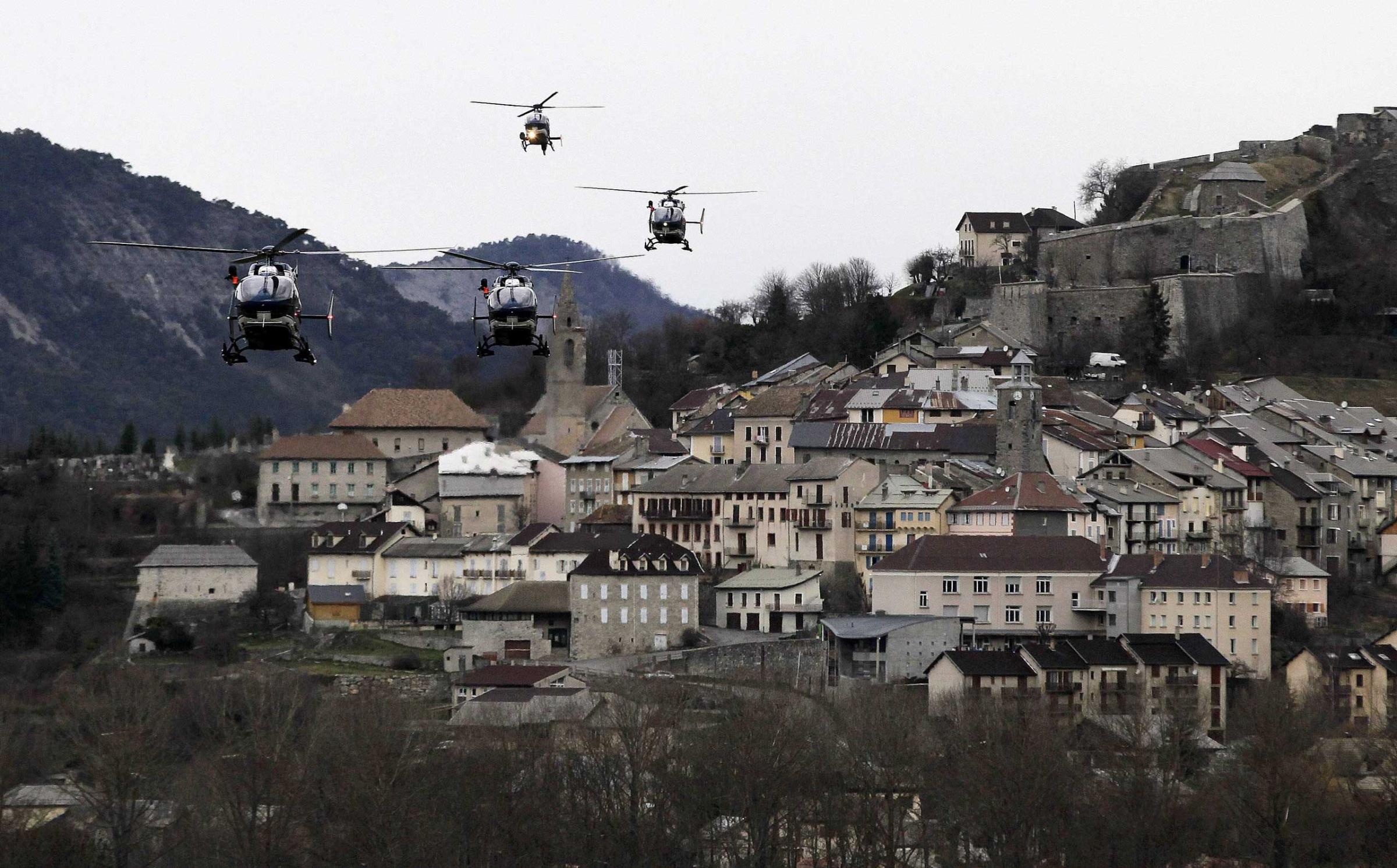
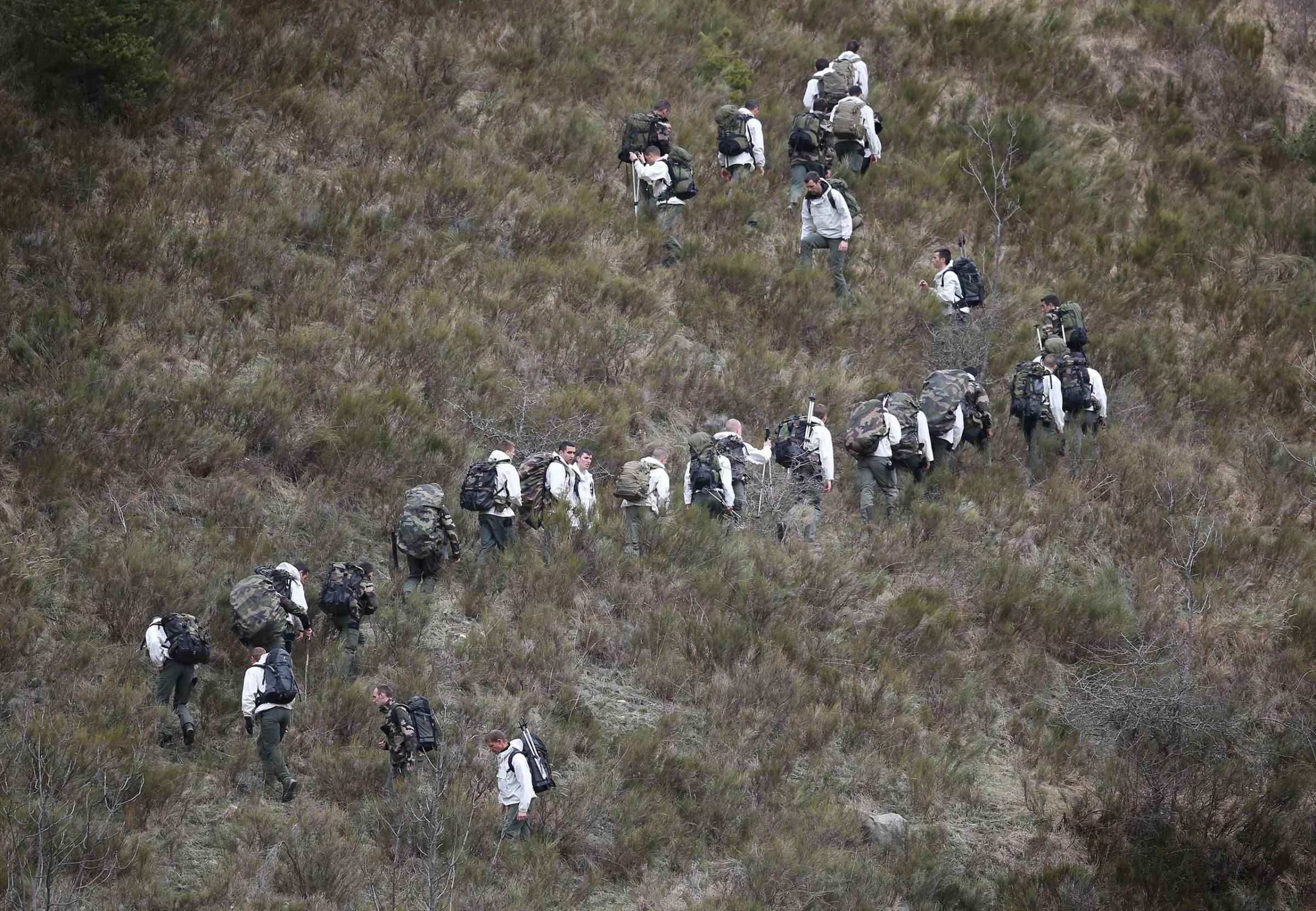
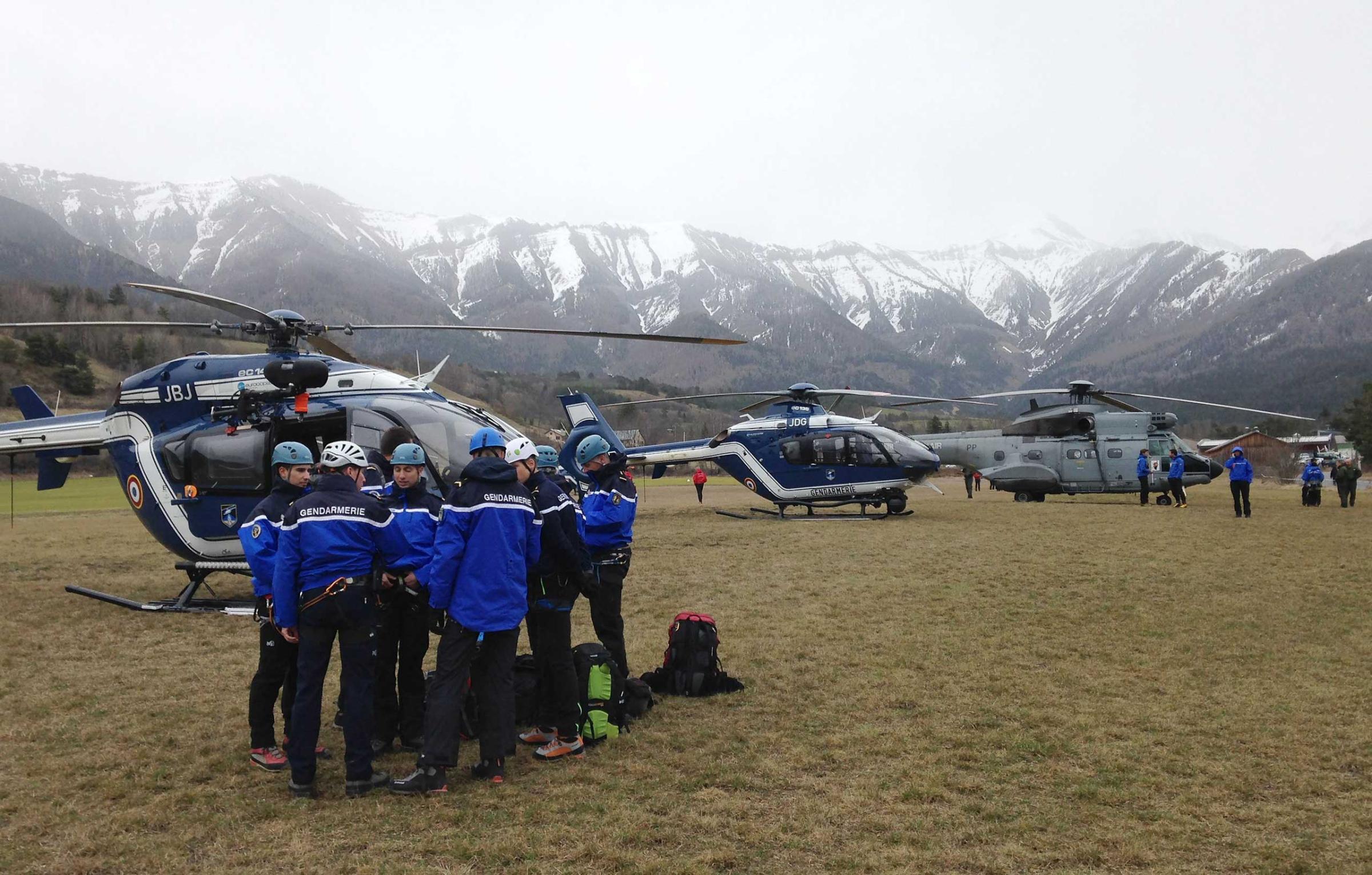
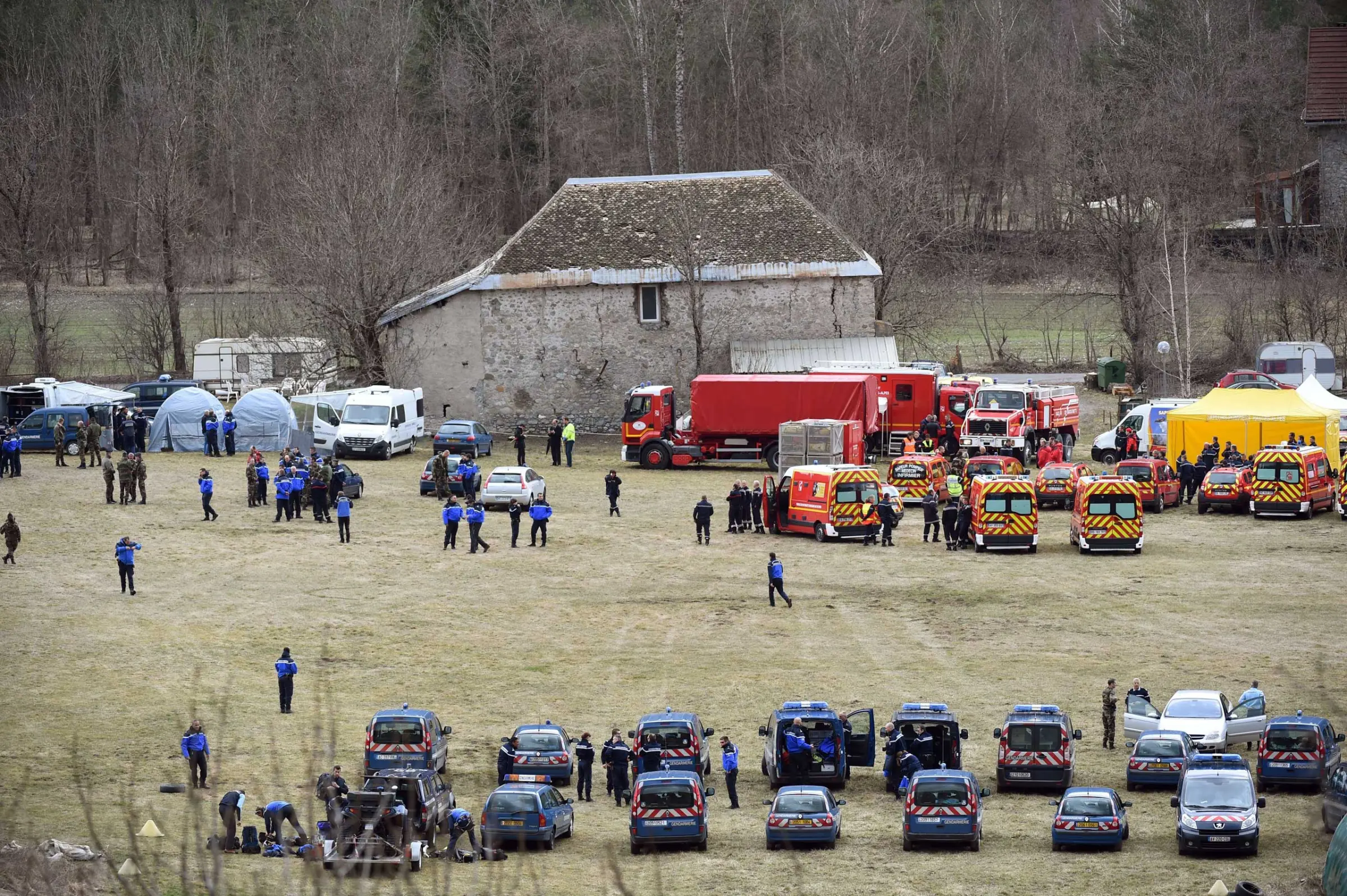
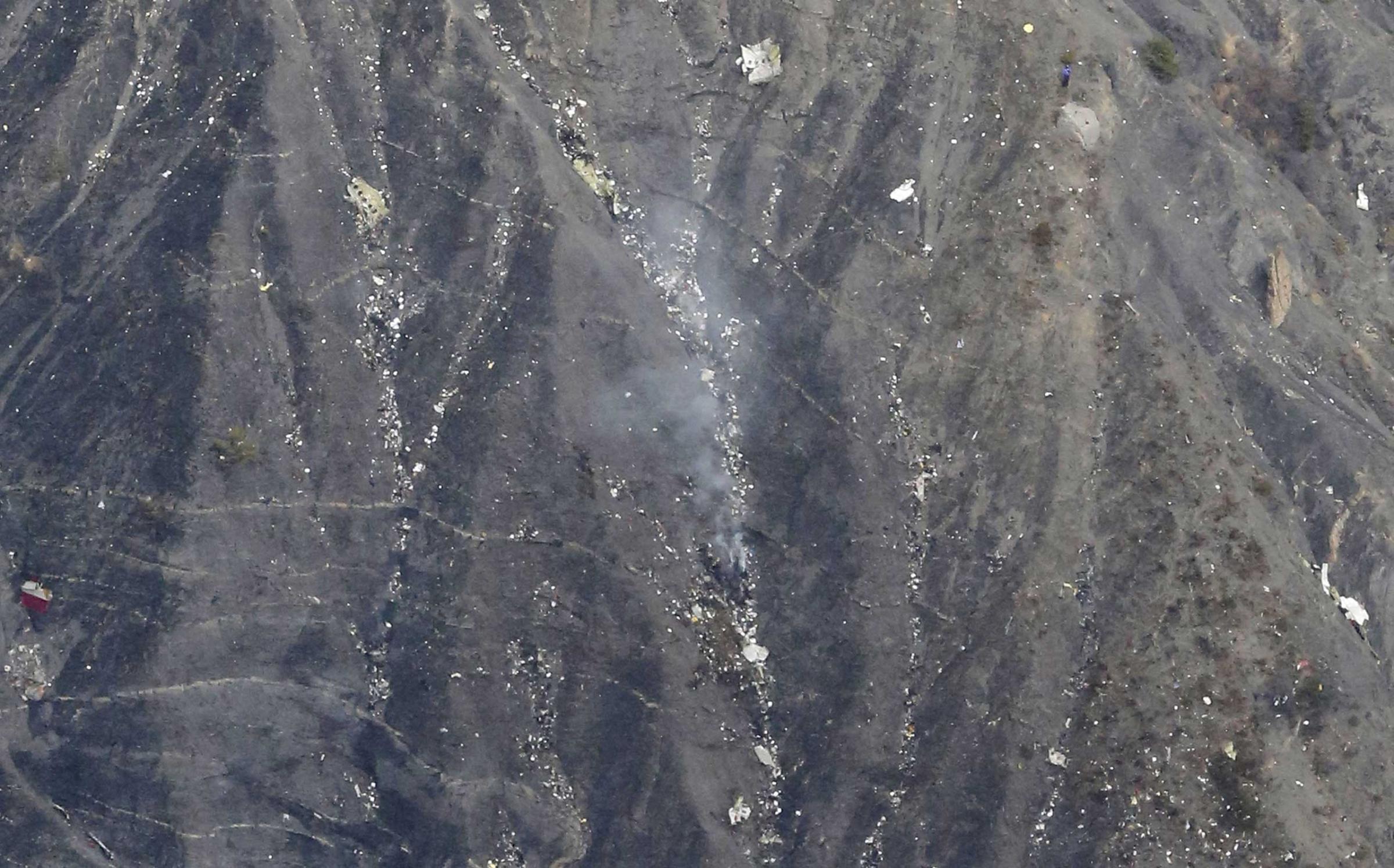
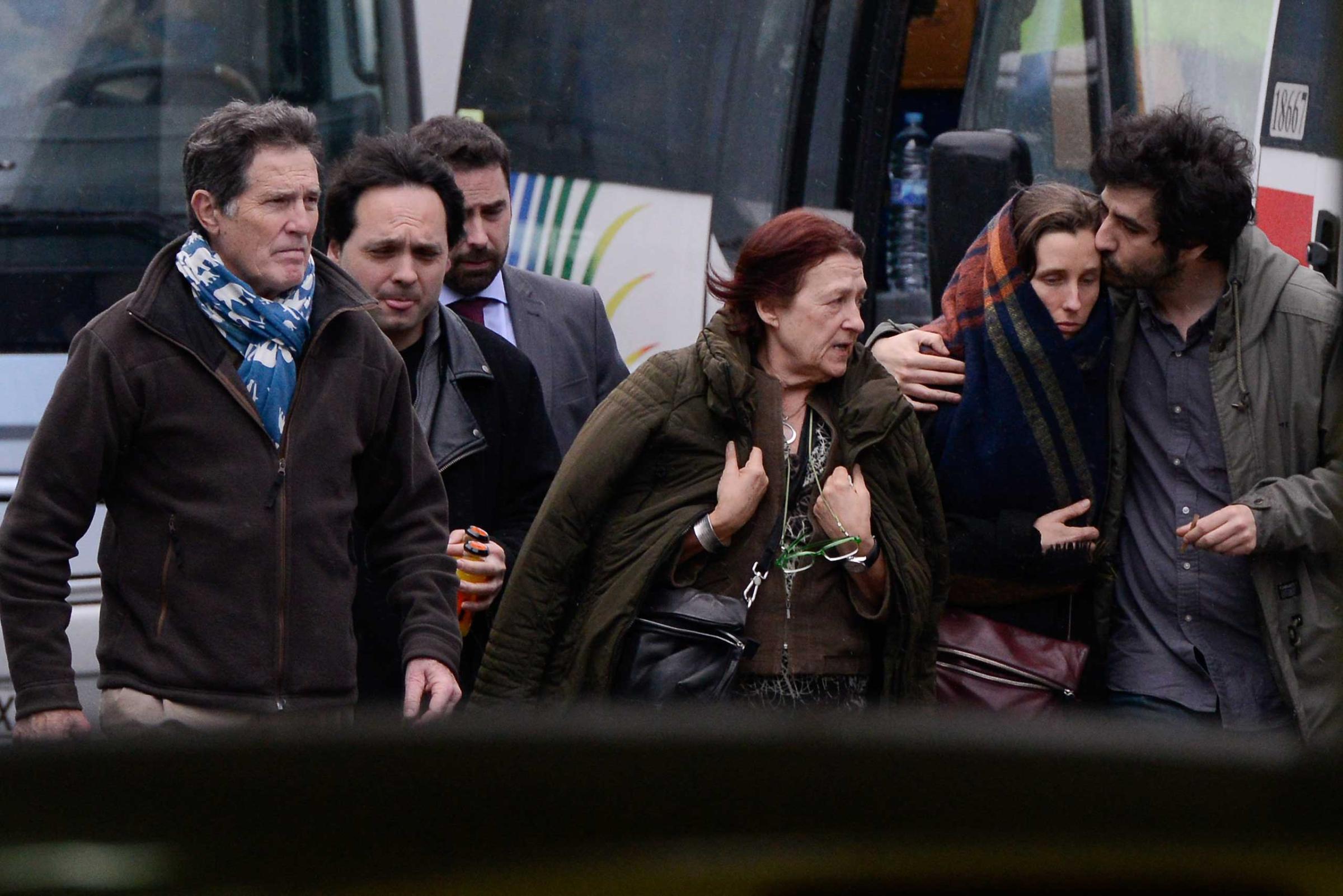
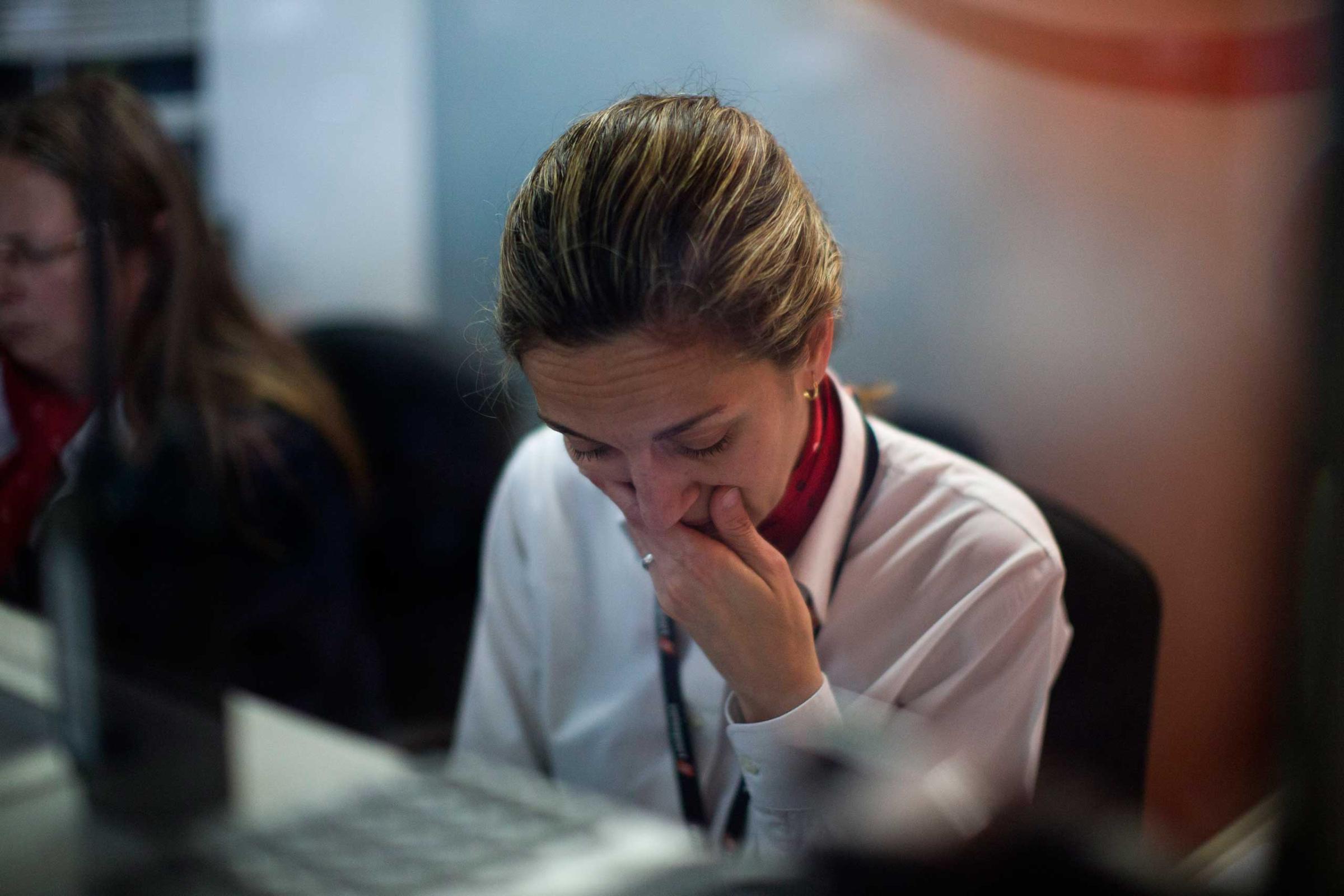
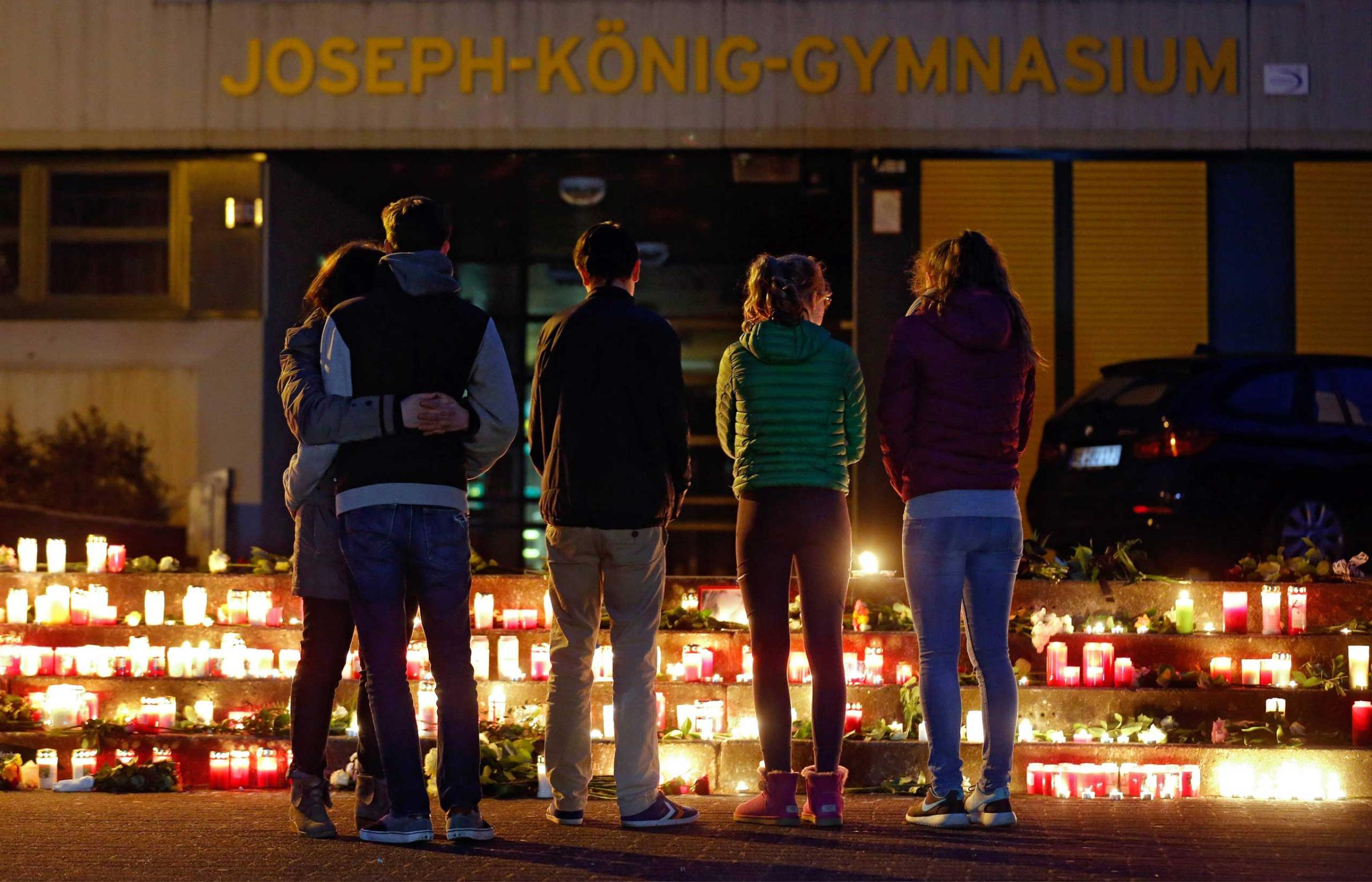
More Must-Reads from TIME
- Why Trump’s Message Worked on Latino Men
- What Trump’s Win Could Mean for Housing
- The 100 Must-Read Books of 2024
- Sleep Doctors Share the 1 Tip That’s Changed Their Lives
- Column: Let’s Bring Back Romance
- What It’s Like to Have Long COVID As a Kid
- FX’s Say Nothing Is the Must-Watch Political Thriller of 2024
- Merle Bombardieri Is Helping People Make the Baby Decision
Contact us at letters@time.com